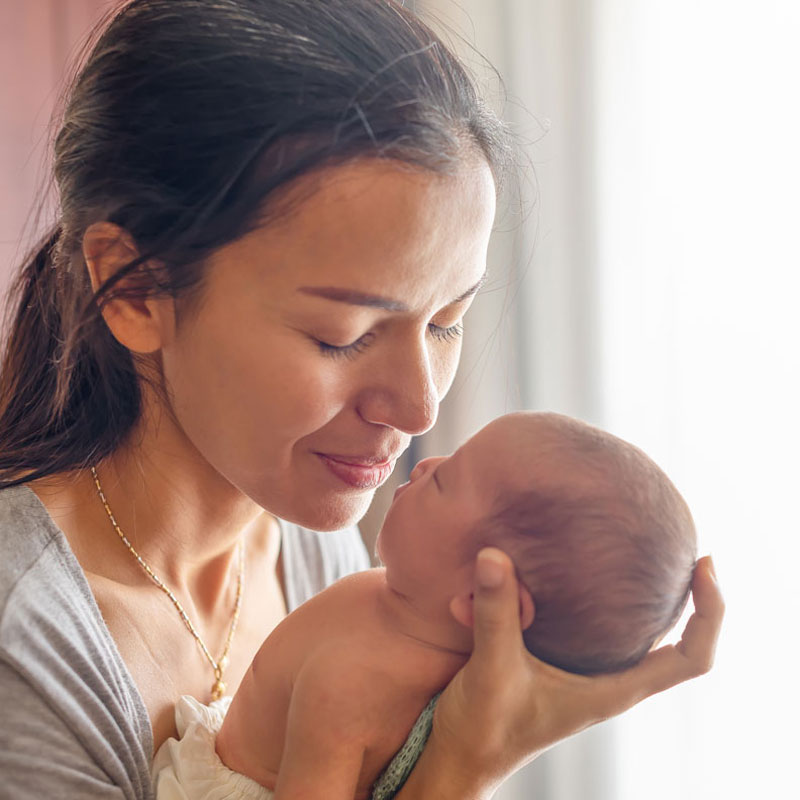The outcomes for children with Congenital Diaphragmatic Hernia (CDH) are varied and depend on factors such as the severity of their CDH. Most babies with CDH will meet their developmental milestones like other babies and children, but will require regular check-ups with their doctors.
It is very important that your baby is fully vaccinated with the current Australian Schedule. Your doctor will likely also organise additional vaccinations against influenza and other viruses beyond the normal vaccination schedule.





